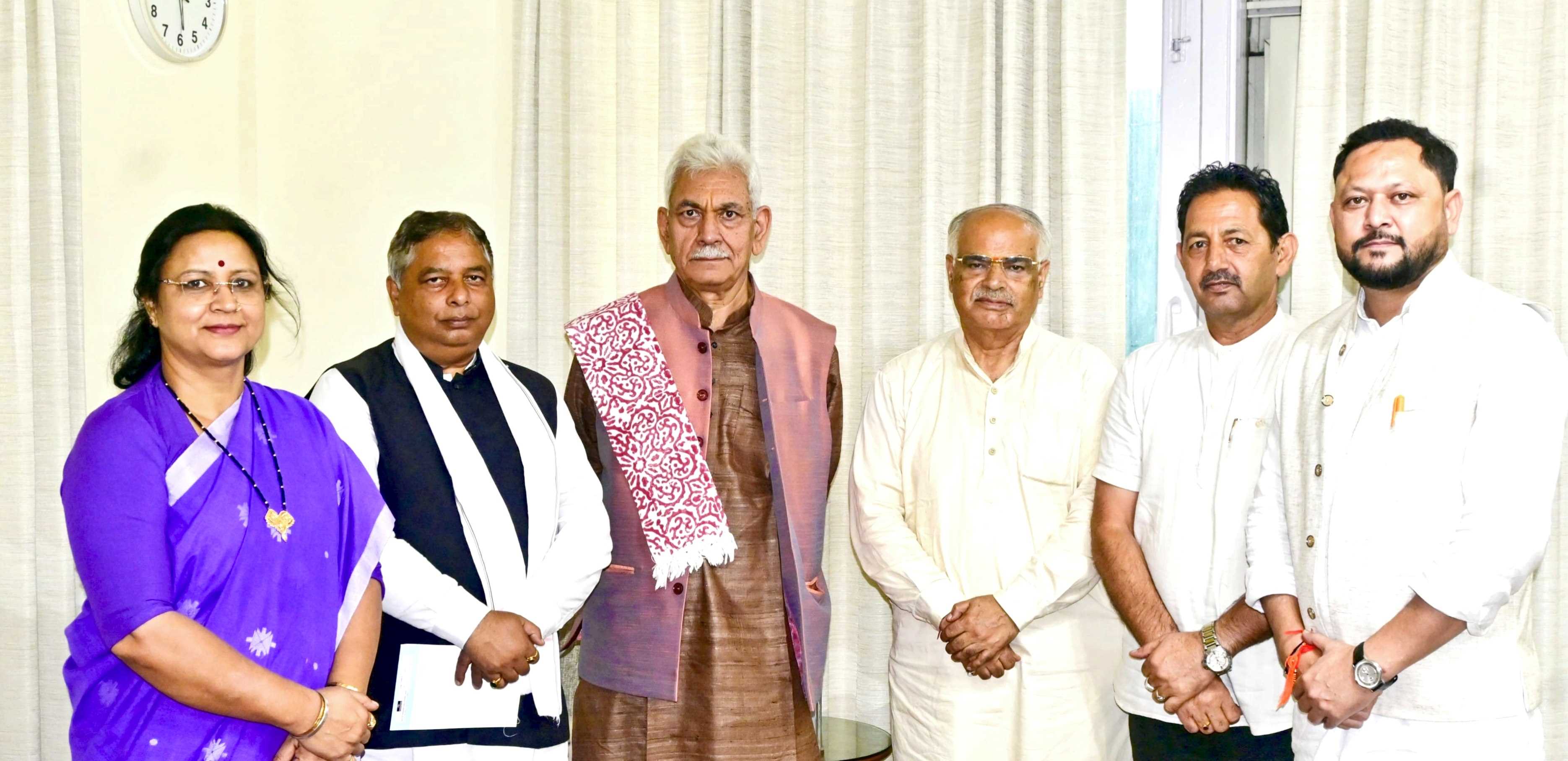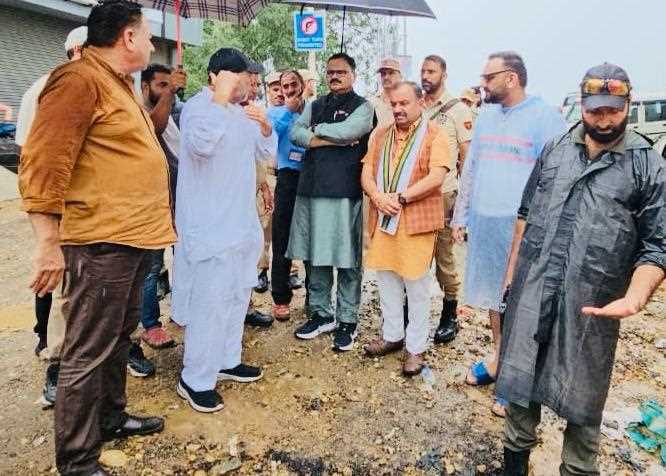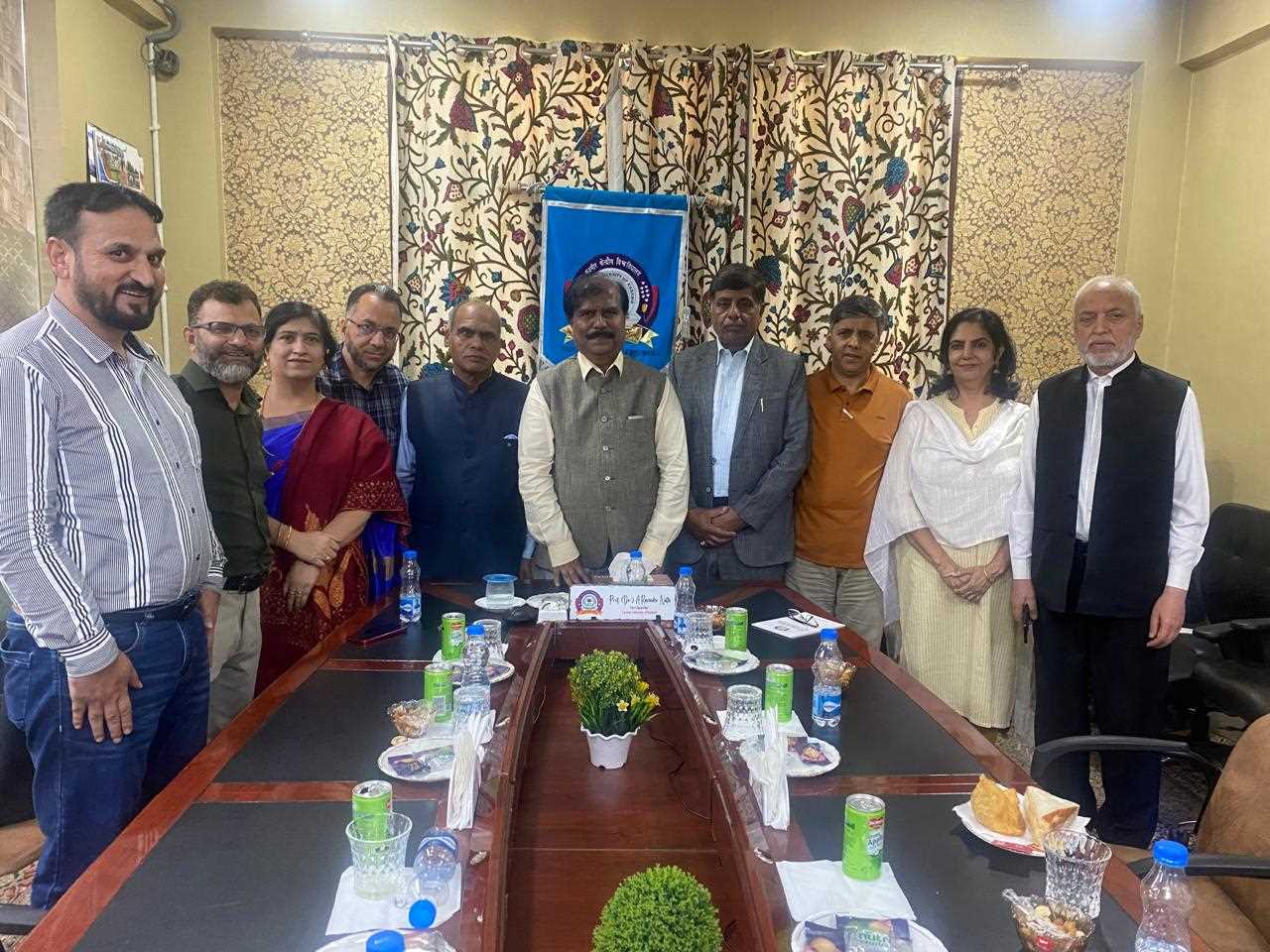
Scavenging is the practice of collecting discarded or unwanted materials, such as plastic, metal, and paper, which can be recycled or repurposed. Those who engage in scavenging, often referred to as scavengers or waste pickers, work informally in waste management, playing a vital role in reducing landfill waste and contributing to environmental sustainability. Scavengers are commonly found in urban areas where waste generation is high, and their work supports the recycling industry by sourcing materials that are often difficult for formal waste management systems to retrieve. Despite their valuable contributions, scavengers typically work in challenging conditions, facing health risks and social stigma due to the nature of their work.
The practice of scavenging dates back centuries and has evolved significantly over time. In the past, scavenging was a survival tactic, often practiced by marginalized communities who relied on discarded goods for sustenance. Over time, with industrialization, the scale and importance of scavenging grew as cities began generating massive amounts of waste. In many regions, scavengers became part of an informal economy, creating sustainable livelihoods and addressing environmental needs simultaneously. Today, as global awareness of environmental issues grows, scavenging is increasingly recognized as an essential aspect of sustainable urban development, with many organizations advocating for scavengers’ rights and integrating them into formal waste management frameworks.
Scavenging provides a critical environmental service by significantly reducing the amount of waste that ends up in landfills. Scavengers collect and separate recyclable materials like plastics, metals, and paper, diverting them from traditional waste streams and supporting a circular economy. This process helps conserve natural resources, as fewer raw materials are needed when recycled goods are reintroduced into the production cycle. By reducing waste accumulation in landfills, scavengers also help mitigate greenhouse gas emission, as decomposing waste in landfills releases methane, a potent contributor to climate change.
Moreover, scavengers play an essential role in reducing pollution in urban areas. By removing hazardous waste and recyclables from streets and dumpsites, they prevent contaminants from seeping into soil and water systems, which can harm both ecosystem and human health. Their efforts directly contribute to cleaner air and water, benefiting entire communities. In some cities, organized scavenging has proven so effective that it has become an integral part of urban waste management, demonstrating that empowering scavengers can enhance environmental quality and support sustainable urban living. Their work illustrates how grassroots efforts can have a large-scale impact on environmental preservation and resource conservation.
Scavenging contributes substantially to the informal economy, providing livelihoods to millions who collect, sort, and sell recyclable materials. For many, particularly in urban areas, scavenging is an accessible from of income that requires minimal investment but yields immediate returns. This work supports low-income households and creates self-employment opportunities, offering economic stability to those with limited formal job prospects. Despite its informal nature, scavenging is a vital source of income for those who often face barriers to entering the formal job market, allowing then to turn waste into economic value.
The recycling industry also benefits from the contribution of scavengers, who play an essential role in the supply chain by sourcing raw materials for processing plants. Scavengers gather and supply recyclables that would otherwise remain uncontrolled, effectively bridging the gap between waste generation and resources recovery. This system enables recycling businesses to access a steady flow of materials, reducing the need for new resources and lowering production costs. In this way, scavengers not only support the economy but also promote resource efficiency. By recognizing scavengers as a critical part of the recycling supply chain, urban economies can foster a sustainable model that benefits the environment, industry, and workers alike.
Scavengers face numerous health risks and occupational hazards due to the nature of their work. Daily exposure to unsanitary waste, sharp objects, and toxic substances increases their susceptibility to infections, injuries, and long-term health conditions. Lack of protective equipment like gloves and masks further heightens these risks, often leading respiratory problems, skin diseases, and other serious health issues. Scavenging sites, especially informal dumpsites, are rarely regulated, meaning scavengers frequently operate in dangerous environments without medical support, safety measures, or health benefits.
Beyond physical risks, scavengers also confront social challenges, including widespread stigma and marginalization. Society often views their work as “dirty” or undesirable, which leads to discrimination and social exclusion. Scavengers are frequently stereotyped and deprived of basic dignity and respect, and many lack access to education, healthcare, and fair employment opportunities. This discrimination highlights the urgent need for social and legal protections to ensure scavengers’ rights and well-being. Formalizing their roles within waste management systems, offering healthcare access, and recognizing their contributions could improve their social standing and quality of life, creating a more inclusive and equitable urban environment.
The future of scavenging lies in integrating scavengers into formal waste management systems, a move that can bring environmental and economic benefits. By formally recognizing and incorporating scavengers as part of urban waste management; cities can better streamline recycling efforts, reduce landfill waste, and enhance public sanitation. Integration can involve offering scavengers formal contracts, access to safety equipment, and opportunities for training in waste sorting and recycling techniques. This shift not only professionalizes the role but also ensures safer incomes for scavengers, allowing them to contribute more effectively to sustainable urban management.
For this transition to be successful, supportive policies are essential to uphold scavengers’ rights and recognize their role as environmental stewards. Governments can enact policies that promote inclusive waste management frameworks, providing social protections such as healthcare and pension plans. Additionally, offering organized spaces for waste sorting and collection can improve scavengers’ efficiency and public perception of their work. These policies would not only foster a sense of dignity and security for scavenger communities but also highlight their role as key stakeholders in sustainability. By recognizing scavengers as valuable partners, cities can create a sustainable urban future that benefits both the environment and communities. This integrated approach contributes to a circular economy model, where waste is minimized, resources are conserved, and marginalized groups are empowered.
In conclusion, scavengers play an essential yet often overlooked role in promoting sustainable urban development. Their work in waste collection, recycling, and resource conservation significantly reduces environmental pollution and supports a circular economy. Despite facing numerous health risks, social stigma, and economic instability, scavengers contribute greatly to public health and resource management. Integrating scavengers into formal waste management systems and creating supportive policies can improve their livelihoods, recognize their valuable contributions, and establish a more inclusive and sustainable urban future. By empowering scavenger communities as key stakeholders, society can advance toward environmental sustainability while fostering social equity.
Emails: artistmalik12@gmail.com / zeenatbashir3190@gmail.com




Scavenging is the practice of collecting discarded or unwanted materials, such as plastic, metal, and paper, which can be recycled or repurposed. Those who engage in scavenging, often referred to as scavengers or waste pickers, work informally in waste management, playing a vital role in reducing landfill waste and contributing to environmental sustainability. Scavengers are commonly found in urban areas where waste generation is high, and their work supports the recycling industry by sourcing materials that are often difficult for formal waste management systems to retrieve. Despite their valuable contributions, scavengers typically work in challenging conditions, facing health risks and social stigma due to the nature of their work.
The practice of scavenging dates back centuries and has evolved significantly over time. In the past, scavenging was a survival tactic, often practiced by marginalized communities who relied on discarded goods for sustenance. Over time, with industrialization, the scale and importance of scavenging grew as cities began generating massive amounts of waste. In many regions, scavengers became part of an informal economy, creating sustainable livelihoods and addressing environmental needs simultaneously. Today, as global awareness of environmental issues grows, scavenging is increasingly recognized as an essential aspect of sustainable urban development, with many organizations advocating for scavengers’ rights and integrating them into formal waste management frameworks.
Scavenging provides a critical environmental service by significantly reducing the amount of waste that ends up in landfills. Scavengers collect and separate recyclable materials like plastics, metals, and paper, diverting them from traditional waste streams and supporting a circular economy. This process helps conserve natural resources, as fewer raw materials are needed when recycled goods are reintroduced into the production cycle. By reducing waste accumulation in landfills, scavengers also help mitigate greenhouse gas emission, as decomposing waste in landfills releases methane, a potent contributor to climate change.
Moreover, scavengers play an essential role in reducing pollution in urban areas. By removing hazardous waste and recyclables from streets and dumpsites, they prevent contaminants from seeping into soil and water systems, which can harm both ecosystem and human health. Their efforts directly contribute to cleaner air and water, benefiting entire communities. In some cities, organized scavenging has proven so effective that it has become an integral part of urban waste management, demonstrating that empowering scavengers can enhance environmental quality and support sustainable urban living. Their work illustrates how grassroots efforts can have a large-scale impact on environmental preservation and resource conservation.
Scavenging contributes substantially to the informal economy, providing livelihoods to millions who collect, sort, and sell recyclable materials. For many, particularly in urban areas, scavenging is an accessible from of income that requires minimal investment but yields immediate returns. This work supports low-income households and creates self-employment opportunities, offering economic stability to those with limited formal job prospects. Despite its informal nature, scavenging is a vital source of income for those who often face barriers to entering the formal job market, allowing then to turn waste into economic value.
The recycling industry also benefits from the contribution of scavengers, who play an essential role in the supply chain by sourcing raw materials for processing plants. Scavengers gather and supply recyclables that would otherwise remain uncontrolled, effectively bridging the gap between waste generation and resources recovery. This system enables recycling businesses to access a steady flow of materials, reducing the need for new resources and lowering production costs. In this way, scavengers not only support the economy but also promote resource efficiency. By recognizing scavengers as a critical part of the recycling supply chain, urban economies can foster a sustainable model that benefits the environment, industry, and workers alike.
Scavengers face numerous health risks and occupational hazards due to the nature of their work. Daily exposure to unsanitary waste, sharp objects, and toxic substances increases their susceptibility to infections, injuries, and long-term health conditions. Lack of protective equipment like gloves and masks further heightens these risks, often leading respiratory problems, skin diseases, and other serious health issues. Scavenging sites, especially informal dumpsites, are rarely regulated, meaning scavengers frequently operate in dangerous environments without medical support, safety measures, or health benefits.
Beyond physical risks, scavengers also confront social challenges, including widespread stigma and marginalization. Society often views their work as “dirty” or undesirable, which leads to discrimination and social exclusion. Scavengers are frequently stereotyped and deprived of basic dignity and respect, and many lack access to education, healthcare, and fair employment opportunities. This discrimination highlights the urgent need for social and legal protections to ensure scavengers’ rights and well-being. Formalizing their roles within waste management systems, offering healthcare access, and recognizing their contributions could improve their social standing and quality of life, creating a more inclusive and equitable urban environment.
The future of scavenging lies in integrating scavengers into formal waste management systems, a move that can bring environmental and economic benefits. By formally recognizing and incorporating scavengers as part of urban waste management; cities can better streamline recycling efforts, reduce landfill waste, and enhance public sanitation. Integration can involve offering scavengers formal contracts, access to safety equipment, and opportunities for training in waste sorting and recycling techniques. This shift not only professionalizes the role but also ensures safer incomes for scavengers, allowing them to contribute more effectively to sustainable urban management.
For this transition to be successful, supportive policies are essential to uphold scavengers’ rights and recognize their role as environmental stewards. Governments can enact policies that promote inclusive waste management frameworks, providing social protections such as healthcare and pension plans. Additionally, offering organized spaces for waste sorting and collection can improve scavengers’ efficiency and public perception of their work. These policies would not only foster a sense of dignity and security for scavenger communities but also highlight their role as key stakeholders in sustainability. By recognizing scavengers as valuable partners, cities can create a sustainable urban future that benefits both the environment and communities. This integrated approach contributes to a circular economy model, where waste is minimized, resources are conserved, and marginalized groups are empowered.
In conclusion, scavengers play an essential yet often overlooked role in promoting sustainable urban development. Their work in waste collection, recycling, and resource conservation significantly reduces environmental pollution and supports a circular economy. Despite facing numerous health risks, social stigma, and economic instability, scavengers contribute greatly to public health and resource management. Integrating scavengers into formal waste management systems and creating supportive policies can improve their livelihoods, recognize their valuable contributions, and establish a more inclusive and sustainable urban future. By empowering scavenger communities as key stakeholders, society can advance toward environmental sustainability while fostering social equity.
Emails: artistmalik12@gmail.com / zeenatbashir3190@gmail.com
© Copyright 2023 brighterkashmir.com All Rights Reserved. Quantum Technologies